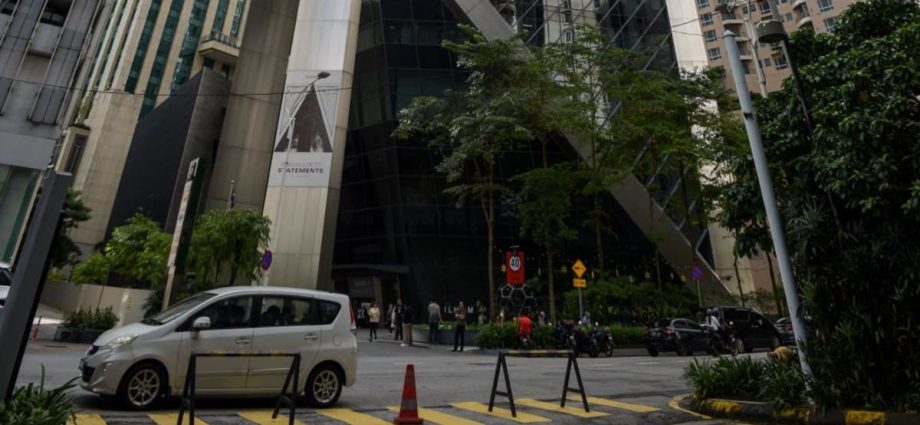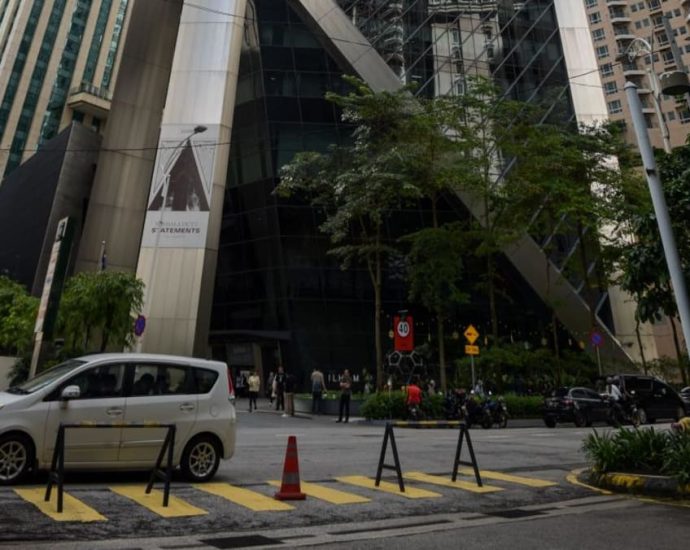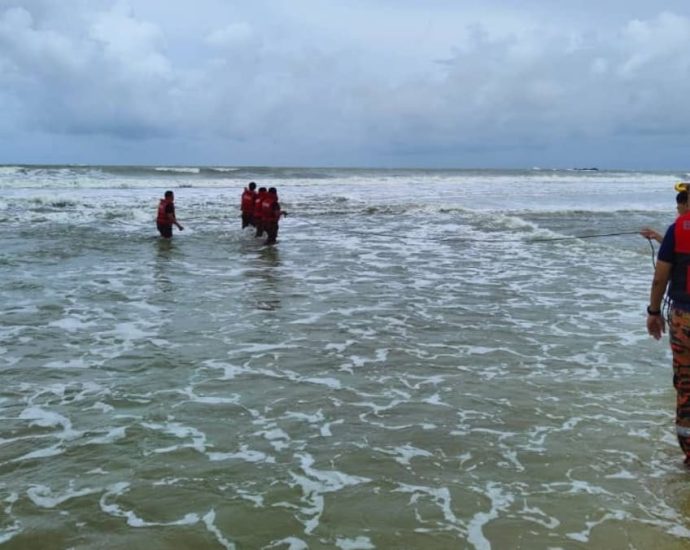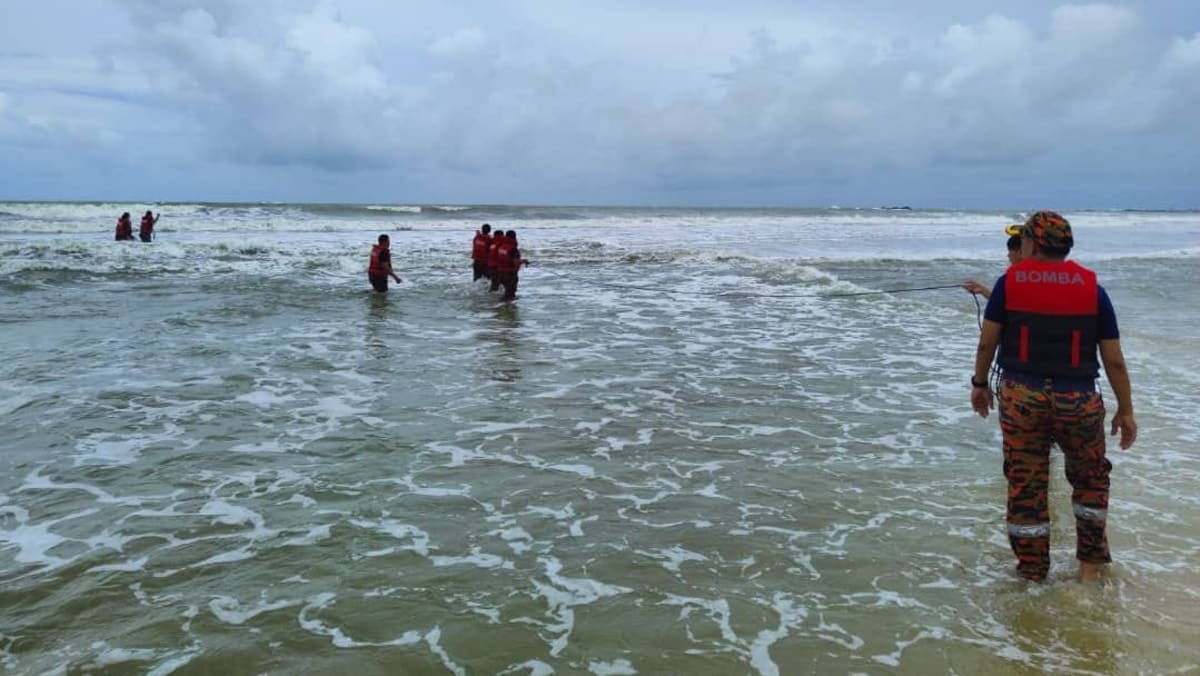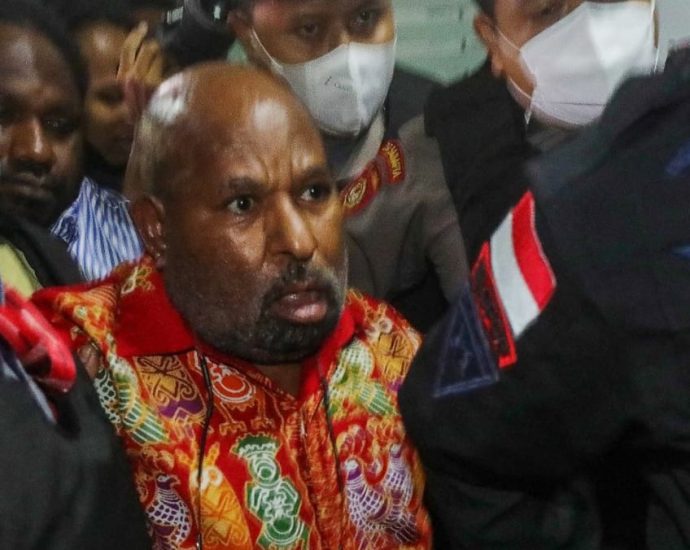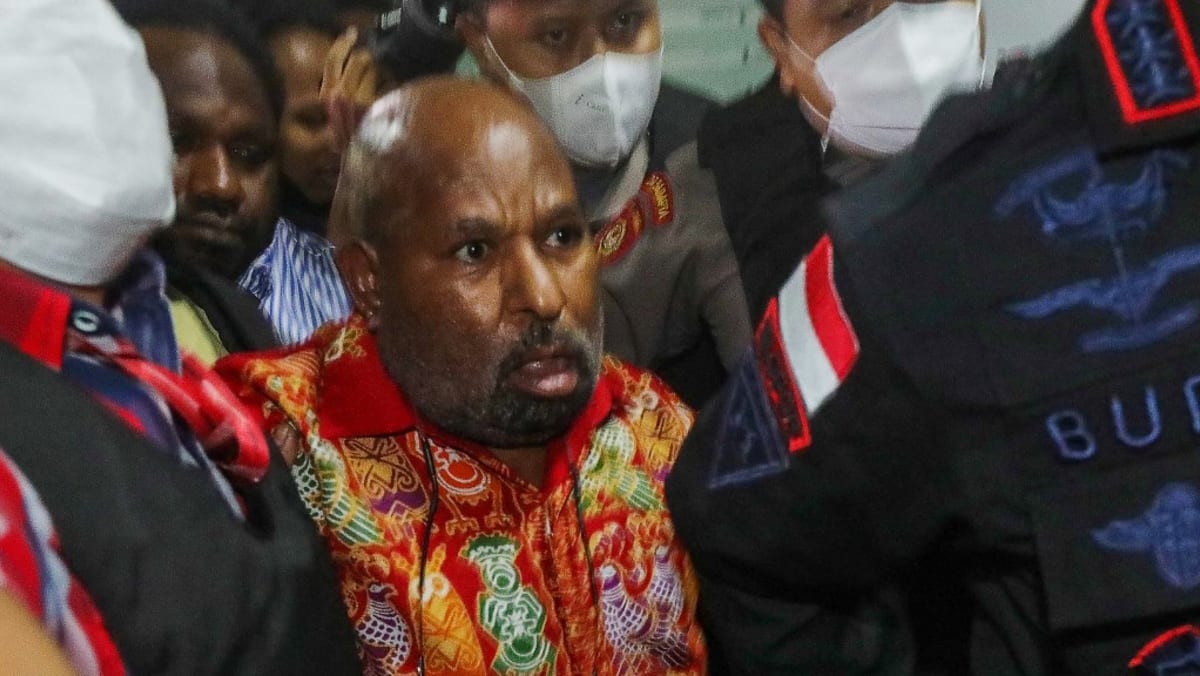Analysis: Malaysia PM Anwarâs crackdown on ex-financial czar Daim could signal a wider dragnet to come
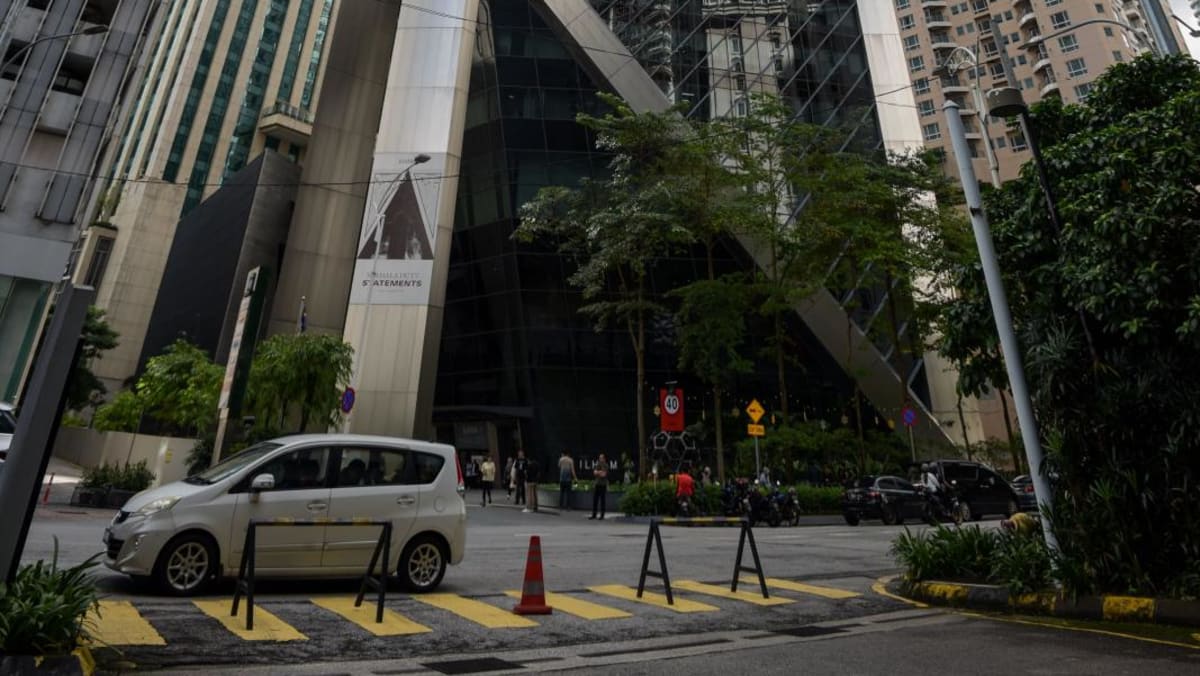
WHO IS DAIM?
Intensely private and taciturn, Mr Daim, whose business career stretches back to the late 1960s, has amassed a fortune through canny networking, patronage and exploitation of Malaysia’s often-opaque commercial world where business and politics intertwine.
At 85 years of age, the elfin lawyer-turned-businessmen is frail.
He regularly uses the wheel-chair, wears a mask at all times and uses a voice amplifier and speaks through a wireless microphone headset.
Mr Daim also keeps a tight schedule of meetings three days a week, according to associates, meeting politicians and businessmen apart from his managers who operate his extensive business holdings, with equity stakes in property development, hotels, and banking.
His enduring influence has been one of the few constants in Malaysia’s turbulent politics.
During the first two decades of the Mahathir era that began in 1981, Mr Daim played the role of finance minister, informal advisor and purse-keeper of UMNO and was also the most enthusiastic architect of the Malaysian economic model.
It featured a brand of command capitalism where the government awarded economic opportunities in the form of infrastructure contracts, licences and lucrative concessions to operate toll networks and power-generation projects to politically well-connected businessmen who today control large swathes of the economy.
The big beneficiaries of economic privileges closely associated with Dr Mahathir are Mr Syed Mokhtar Al-Bukhary of the DRB-Hicom Group, Mr Vincent Tan Chee Yioun of the Berjaya conglomerate and Mr Ananda Krishna, who controls a sprawling empire in with a leading presence in multi-media and telecommunications.
While building his own wealth through business proxies, such as businessman Nasir Ali, and businesswomen Lutfiah Ismail and Josephine Premala Sivaratnam, who are close associates of his third wife Na’ imah Abdul Khalid, Mr Daim concentrated on the creation of a new generation of ethnic Malay businessmen.
Through the Mahathir government’s privatisation of state enterprises and major infrastructure projects, Mr Daim, who served as UMNO treasurer between 1984 and 2001, wielded his role as finance minister with the expansion of UMNO business interests.
His business proxies included Mr Halim, who was executive chairman of the once UMNO-owned publicly listed conglomerate Renong Bhd, as well as Mr Tajudin Ramli, who was awarded the country’s first private telecommunications licence and later acquired a controlling stake in the national carrier Malaysian Airlines Bhd, or MAS.
BEHIND DAIM’S TROUBLES
So, what is behind Mr Daim’s current woes?
Weeks after the anti-graft probe began in late May, the MACC released a statement that the agency was gathering information into the “alleged embezzlement of state funds amounting to an estimated RM2.3 billion”.
The agency added that it had frozen bank accounts with funds amounting to RM39 million (US$8.45m) belonging to an unidentified former senior minister and two businessmen, who were also not identified. It gave no other details apart from the investigations relating to anti-money laundering violations.
Government officials and anti-graft investigators directly involved in the probe told CNA that the alleged embezzlement of state funds was a direct reference to the RM2.3-billion-ringgit transaction that took place in November 1997 involving Renong and United Engineers Malaysia Bhd (UEM) that were already locked in a complex set of cross holdings.
The three unnamed personalities are believed to refer to Mr Daim, who served as finance minister between 1984 and 1991; Mr Halim, his long-time business protégé who at the time was a controlling shareholder of both Renong and UEM; and Mr Abdul Rashid Manaf, a prominent Kuala Lumpur-based lawyer who handled all of UMNO’s corporate affairs.

